Chinese Snack Retailer Three Squirrels Apologises For Using Model With “Slanted Eyes” On Ads

China’s largest online snacks retailer Three Squirrels (三只松鼠) recently apologised for some posters which had offended many. The main issue with the posters was their chosen model, who was wearing slanted eyes makeup.
According to the brand, the posters were advertised in 2019 for one of their products. It had supposedly slipped public scrutiny then. However, with the Dior exhibition controversy in November, netizens have found their ‘blunder’ offensive and rekindled discussion on it.
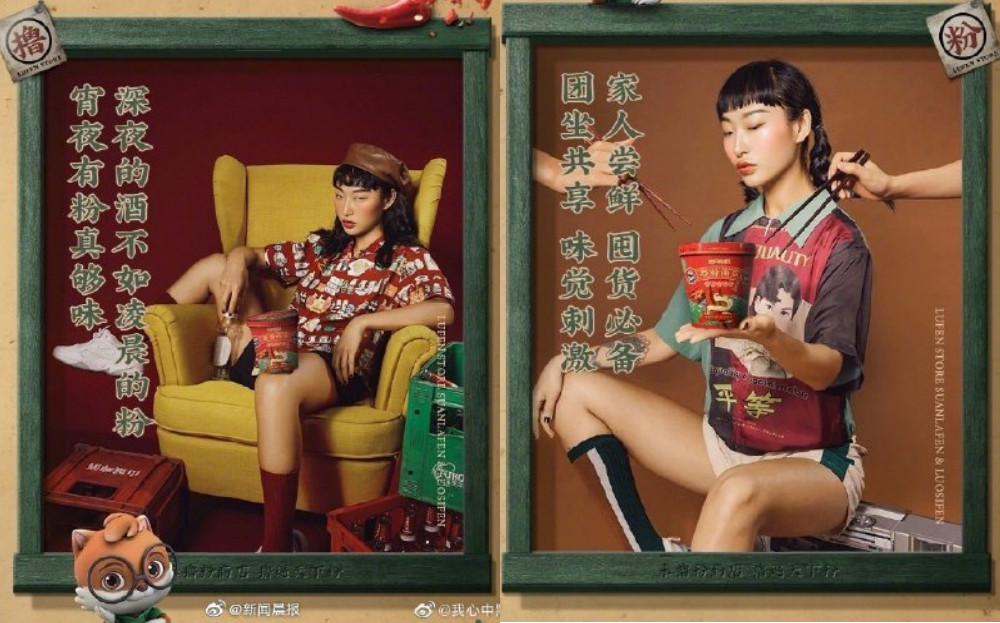
The aforementioned posters feature a Chinese woman with slanted eyes holding the company’s products. Additionally, one poster also features the late Chinese leader Mao on some utensils. Netizens claimed the model’s makeup heavily perpetuated Western stereotypes of Chinese people. Some stated the company should avoid such imagery as it may not be suitable for “the aesthetics of today’s Chinese people“.
However, there were netizens who supported the brand. They claimed that as beauty in China is diverse, people needed to be more accepting of different types of faces. Others pointed out that “the model was innocent and does not deny the beauty of girls with (small eyes)“. Several also criticised the fact that the posters had been released in 2019, but were only being scrutinised now.
Three Squirrels released a statement yesterday (26th December) regarding the issue. They claimed that the makeup had been done based on the model’s personal characteristics. It was not meant to “deliberately make (the model) ugly“. However, they have apologised for the offence and have taken down the posters. Additionally, the company will be checking other advertisements to ensure such situations do not occur again.

The Dior controversy, which took place in November, involved well-known Chinese photographer Chen Man. She apparently displayed a photo of a model with dark skin and single eyelids for the exhibition. While some felt she was feeding into the Western stereotypes of Chinese, others opinionated that she was breaking away from the usual Chinese stereotypes.
Although the company resolved the matter of the model, a few noted they had not discussed the imagery of the late Chinese leader. Using the portrait of (late) Chinese leaders is apparently a violation of China’s advertising laws.
Sources: China Press, Global Times (1)(2), Weibo



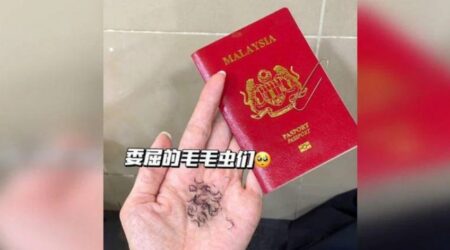
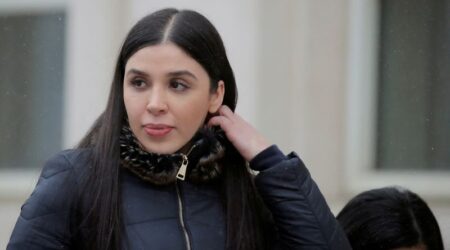


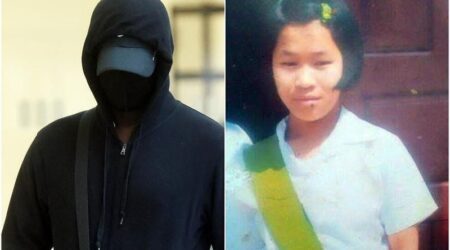


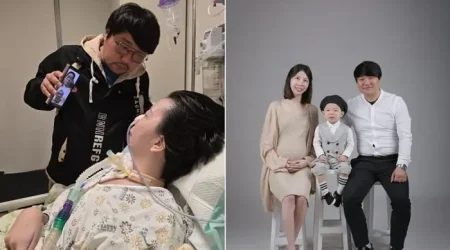

Leave a Reply